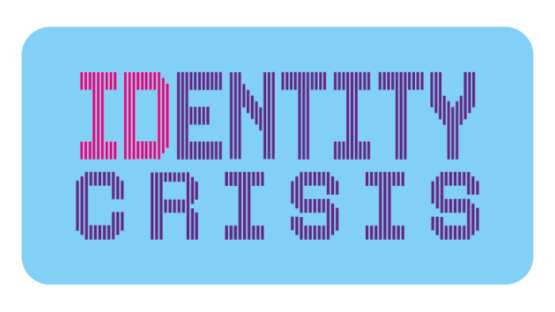
The 'Identity Crisis' around the world
- On International Identity Day, we are highlighting that the technology-driven ID systems being implemented are leading to new forms of surveillance and exclusion globally.
- Watch our Identity Crisis video, in which our partners from around the world illustrate the different worrying manifestations of the identity crisis.

On International Identity Day, we are highlighting that the technology-driven ID systems being implemented around the world are leading to new forms of surveillance and exclusion.
Last September, PI and its global network of partners launched Identity Crisis - a campaign to change the narrative on identity systems. Around the world PI and our partners have seen ID systems creating and facilitating exclusion, insecurity, and surveillance.
To learn more, watch our Identity Crisis video, in which our partners from around the world illustrate the different worrying manifestations of the identity crisis globally. The speakers in the video illustrate their concerns with ID systems from the Philippines to Uganda and Colombia.
What are ID systems?
Some of the largest, data-intensive government programs in the world are building identity schemes that link an individual’s identity to a card or number, often using biometric data, and require identity authentication within the system for the provision of public benefits and participation in public life.
We frequently see claims that modern ID systems will solve a huge range of complex problems. There are numerous reasons given by proponents for the introduction or use of an ID system, including identity fraud prevention, national security, crime prevention, financial industry facilitation and the prevention of human trafficking.
However, it is now well-documented that ID systems are being used to facilitate targeting, profiling and surveillance. ID systems implicate data protection issues as they involve the collection and processing of vast amounts of personally-identifiable data. As such, a comprehensive data protection regime is essential piece of the puzzle to protect people.
Evidence that PI and our partners have collated over the years indicates that ID systems have led people to be excluded from vital healthcare and state benefits, being exposed to new and increasing risks such as identity theft, as well as to immensely invasive and cruel systems of surveillance used to target individuals and monitor entire populations.
Hear from global experts
Jessamine Pacis, Digital Rights Advocate at the Foundation for Media Alternatives, tells us that in the Philippines there are indications that there is a high “function creep” - the gradual broadening of the use of a technology beyond the purpose for which it was originally intended - of the national ID system.
“In Peru”, María José Lira Morán, Research Director at Hiperderecho explains: “The national ID registry known as RENIEC (Registro Nacional de Identificación y Estado Civil) manages and offers services to verify the personal and biometric data of all citizens. The big problem is that RENIEC does not have the capacity to audit the way in which the entities to which it provides this service use these credentials nor to verify if they make responsible use of our personal data. In recent years, this centralisation and lack of regulation has allowed the theft of identities for the collection of economic aid during the pandemic.”
R3D Lawyer Grecia Macias mentions that in Mexico the creation of ID systems that use centralised biometric databases are also tools that states use to monitor citizens and persecute human rights defenders, journalists, opponents, politicians and other groups in vulnerable situations.
Dorothy Mukasa, Executive Director of Unwanted Witness tells us that according to UW’s research, between 23%-33% of Uganda’s adult population is yet to receive a national ID card. She also mentions that “a scrutinised single and mandatory ID system characterised with defects and inefficiencies like Uganda’s national ID system, is a recipe for harsh realities of discrimination, stigmatisation and exclusion of most vulnerable groups like women, persons with disability and the elderly.”
Natalia Andrade Fajardo, Community Manager at Fundación Karisma additionally tells us that “The Colombian National Registry office has started to incorporate new biometric measures to the National ID systems and to our documents without any democratic discussion about it,” and that the national database “is already being tested for massive surveillance pilots with CCTV systems in cities like Bogotá, Bucaramanga and Medellín”.
“In Paraguay”, Araceli Ramírez, Head of Communications at Tedic explains, “there are legislative initiatives that seek to use [our biometric data] to verify to the identity of voters.” There is no guarantee that people’s identities will not be linked to their votes.
In 2021 a leak occurred in the Argentinian National People’s Registry. “As a consequence,” Victoria Penas, Project Assistant at ADC mentions, “thousands of citizens’ personal data was publicly exposed, including photographs and personal addresses.”
Want to know more? Visit our Identity learning page.